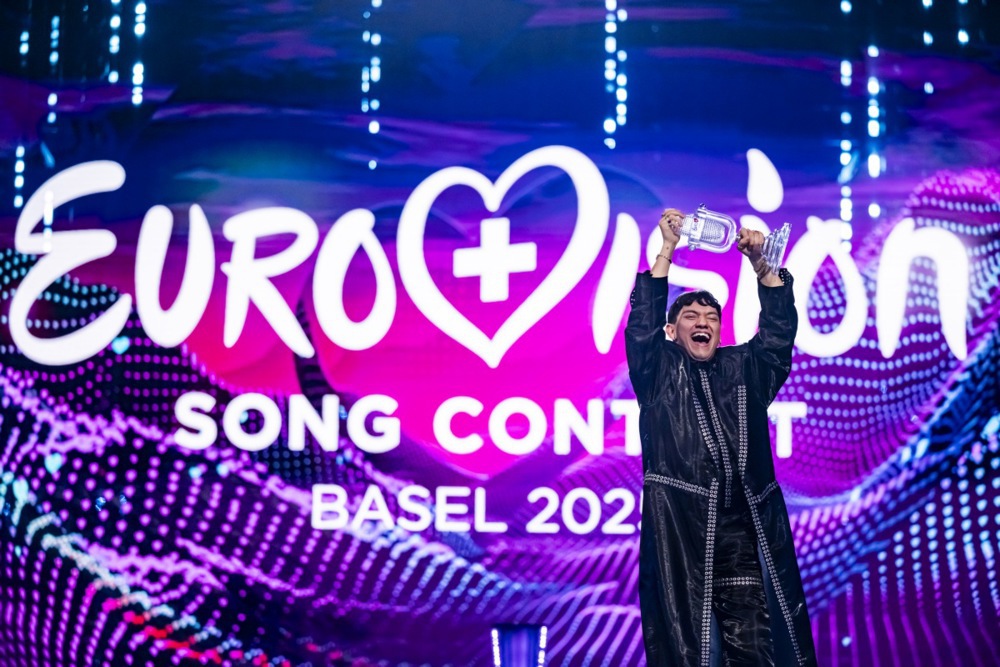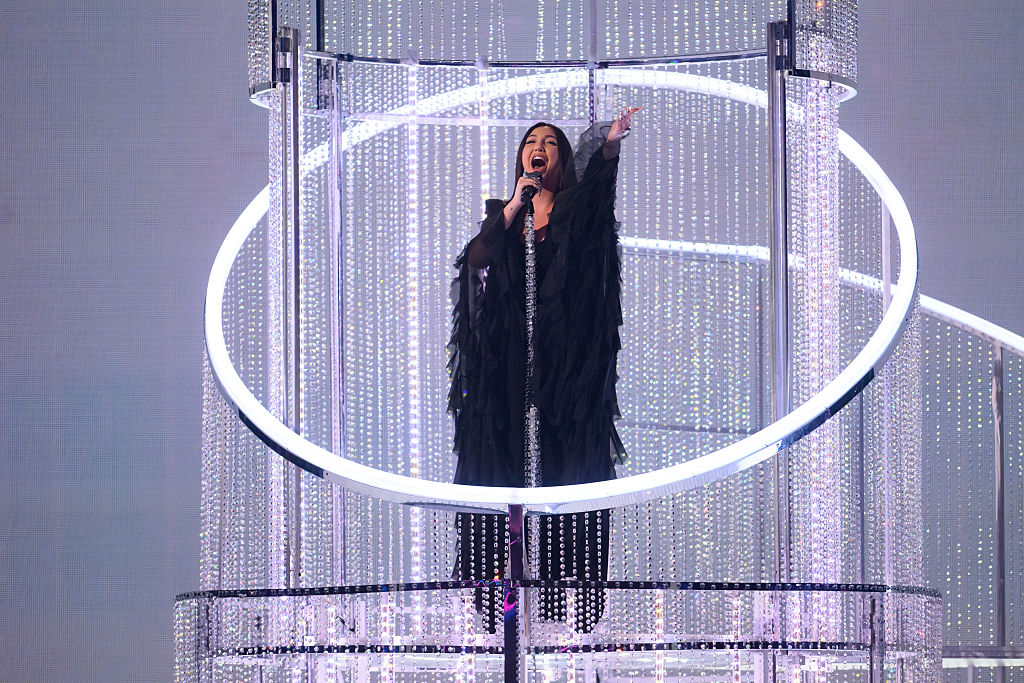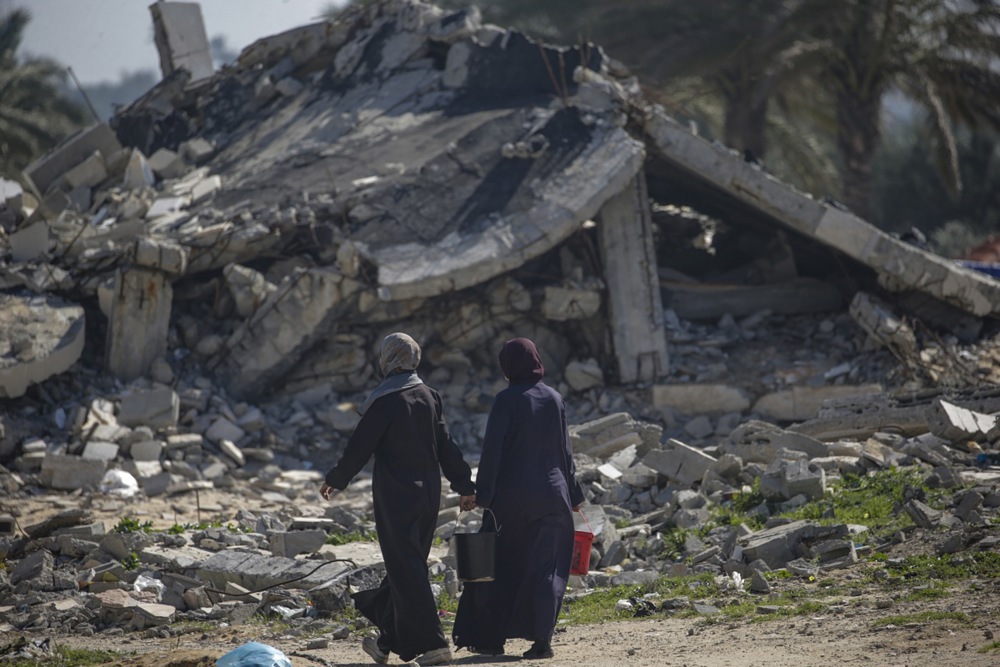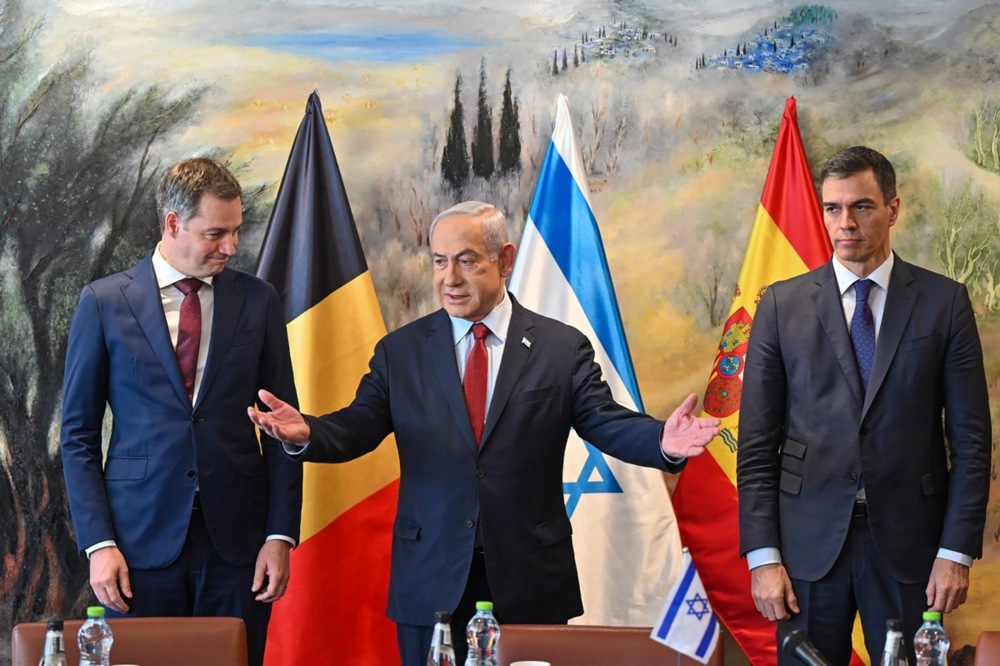The Netherlands has become the latest country to threaten withdrawal from the 2026 Eurovision Song Contest if Israel is allowed to participate.
Today, Dutch broadcaster AVROTROS issued a press release saying it would not participate in the contest due to the presence of Israel.
The broadcaster said it “can no longer justify Israel’s participation in the current situation given the ongoing and serious human suffering in Gaza”.
In addition, it said there was “proven interference by the Israeli Government during the last edition of the Song Contest”, referring to the high number of votes by the public via telephone, which detractors said were manipulated.
In a reaction to the threats to boycott, the Eurovision Song Contest Communications Team told Brussels Signal: “We understand the concerns and deeply held views around the ongoing conflict in the Middle East. We are still consulting with all EBU [European Broadcasting Union] members to gather views on how we manage participation and geopolitical tensions around the Eurovision Song Contest.
“Broadcasters have until mid-December to confirm if they wish to take part in next year’s event in Vienna. It is up to each member to decide if they want to take part in the contest and we would respect any decision broadcasters make.”
Yesterday, Ireland’s national broadcaster RTÉ said in a statement: “It is RTÉ’s position that Ireland will not take part in the 2026 Eurovision Song Contest, if the participation of Israel goes ahead, and the final decision regarding Ireland’s participation will be made once the EBU’s decision is made.”
The broadcaster added that participation “would be unconscionable given the ongoing and appalling loss of lives in Gaza”.
It also expressed concern over “the targeted killing of journalists in Gaza, and the denial of access to international journalists to the territory, and the plight of the remaining hostages”.
This followed similar announcements from Slovenia, Spain and Iceland, amid ongoing consultations by the EBU on Israel’s eligibility.
The 2026 contest is scheduled for May in Vienna, Austria.
Slovenia’s national broadcaster, RTV Slovenija, was the first to state its opposition explicitly. On September 5, it declared: “At the EBU General Assembly, which was held in London at the beginning of July, RTV Slovenia presented its position that if Israel were to participate in the Eurovision Song Contest – due to the genocide in Gaza – it would not participate in the competition.”
Spain’s culture minister, Ernest Urtasun, followed on September 8, stating during an interview on the Spanish TV programme La Hora de la 1: “We asked for Israel to be expelled from Eurovision [earlier this year]”.
Urtasun added: “I don’t think we can normalise Israel’s participation in international events as if nothing is happening.”
He indicated that Spain could take steps such as withdrawing if Israel is not excluded.
In May, Spanish Prime Minister Pedro Sánchez had called for Israel’s removal, citing parallels to Russia’s exclusion over Ukraine.
Iceland’s public broadcaster RÚV also expressed reservations.
On April 26, it joined Slovenia and Spain in opposing Israel’s participation, citing the Gaza war.
RÚV director general Stefán Eiríksson said: “It is likely that if there is no change in EBU’s position and it does not respond to these voices of concern coming from us, from Spain and Slovenia and others, then that will call for reactions from these broadcasters. But let’s just wait and see.”
RÚV’s involvement was “subject to the outcome of the ongoing consultation process within the EBU”, he said.
The EBU initiated consultations after its July General Assembly in London, where members raised concerns.
Eurovision director Martin Green stated: “We understand the concerns and deeply held views around the ongoing conflict in the Middle East. We are still consulting with all EBU members to gather views on how we manage participation and geopolitical tensions around the Eurovision Song Contest.”
Israel has participated 47 times, winning four, most recently in 2018.
Israel’s 2025 entrant, Yuval Raphael, faced protests in Basel, Switzerland. More than 70 artists signed an open letter in May calling for the removal of The Israeli Public Broadcasting Corporation, arguing the EBU’s silence on Gaza was unacceptable.
The potential withdrawals could impact the contest significantly. Ireland has seven wins, tying the record; Spain is a “Big Five” automatic qualifier, while Slovenia and Iceland are regular entrants. Other countries, including Belgium and Finland, have discussed similar positions regarding their taking part.
Last year’s Eurovision in Malmö, Sweden, was marked by significant controversy surrounding Israel’s participation.
Protests erupted outside the venue, with thousands demonstrating against Israel’s involvement. Activists disrupted broadcasts and Ireland’s entrant, Bambie Thug, faced backlash for subtle pro-Palestinian gestures.
Despite the protests, Israel’s entry, performed by Raphael, won the public televote, securing a strong position in the final.
"I'm a queer and I'm a witch!"
Ireland Eurovision entry, Bambie Thug, sparks controversy and bemusement with pagan-themed performance.#Eurovision #Eurovision2024 pic.twitter.com/ZEaC2rUTb6
— Brussels Signal (@brusselssignal) May 10, 2024





